Instagram rolls out link stickers to wider user base
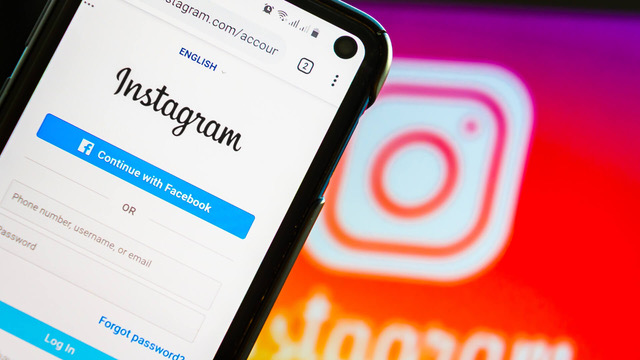
Link stickers on Instagram Stories Back in June, Instagram announced the introduction of link stickers to Stories. Attached links used to appear as a ‘swipe up’ method, allowing the app’s users to link to external webpages from their accounts. Now, the platform has decided to completely remove this feature, replacing it with a sticker option. […]
Digitalisation: What does it mean to the hospitality industry?

In this generation, digitalisation has been happening faster than ever, a large amount of physical activity has transformed into a digital format for convenience and efficiency. What is Digitalization? According to Brennen and Kreiss digitalisation refers to “the adoption or increase in the use of digital or computer technology by an organization, industry, country, etc. […]
Frankie and Benny’s rebranding: Innovate or die
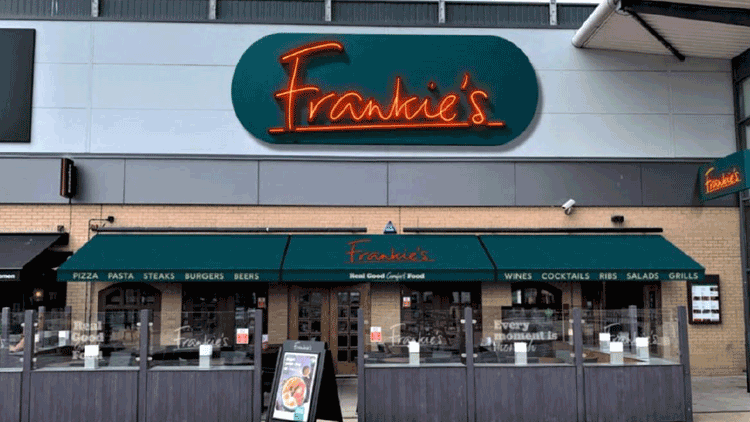
Frankie and Benny’s rebranding News has just been released that Italian-American restaurant chain Frankie and Benny’s is transitioning into more concisely named rebrand, Frankie’s. The family-favourite venue’s new look is said to exhibit a more vibrant feel alongside improved sustainability features. For many years, Frankie and Benny’s has been best known for its red-green-and-white design […]
London’s NYE fireworks cancelled: What this means for hospitality
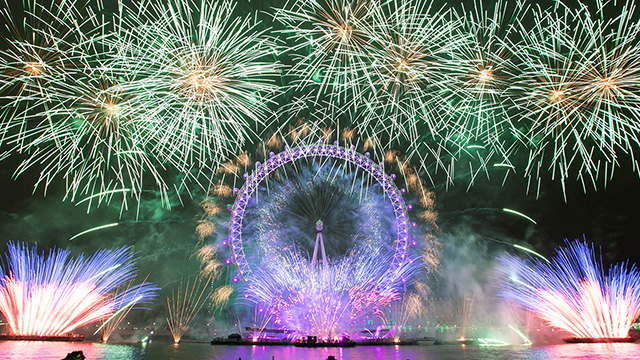
COVID-19 strikes again London’s NYE fireworks display has been cancelled for the second year running, due to remaining ‘uncertainty’ surrounding the COVID-19 pandemic. Despite lockdowns being fully lifted and a successful vaccine roll-out, City Hall has suggested that cancellation of the celebration is still a necessary move as we near the end of this unprecedented […]
How social phenomenon Squid Game is being used as a marketing tool
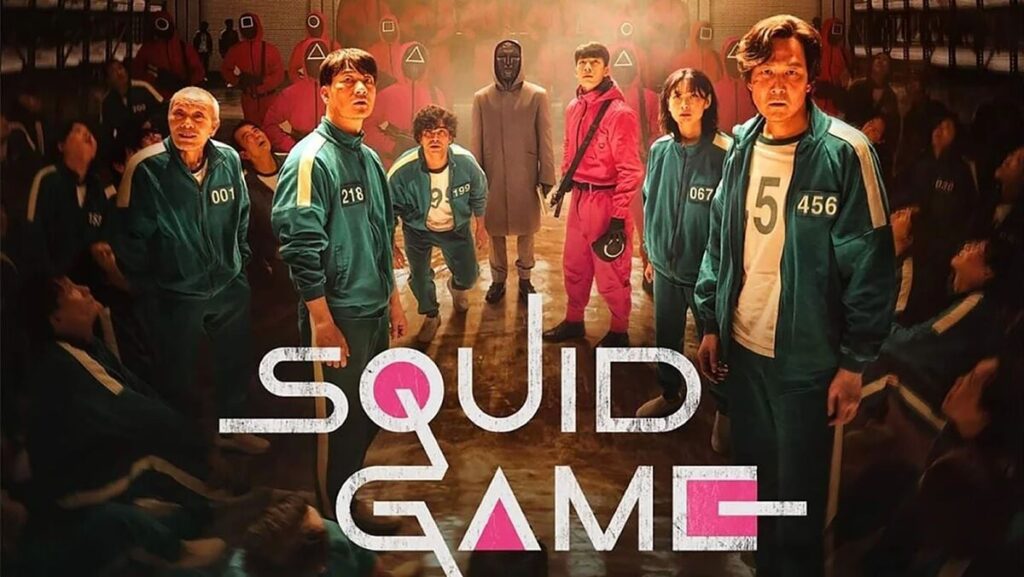
What is everybody talking about? If you still have not heard of or watched the new tv series, Squid Game, you must have been living under a rock. But just in case, whilst trying to not give any spoilers, let us briefly introduce it to you. Hundreds of people with large debts accept an invitation […]
Social Media Blackout: What happens when everything goes dark?

In this day and age, everything revolves around social media. People are constantly on their phones from the minute they wake up until the moment they go to bed. Some may call this an addiction, but when everything happens online can you really blame us for being that dependent on social media? On the 4th […]
The ‘New Normal’ in Hospitality
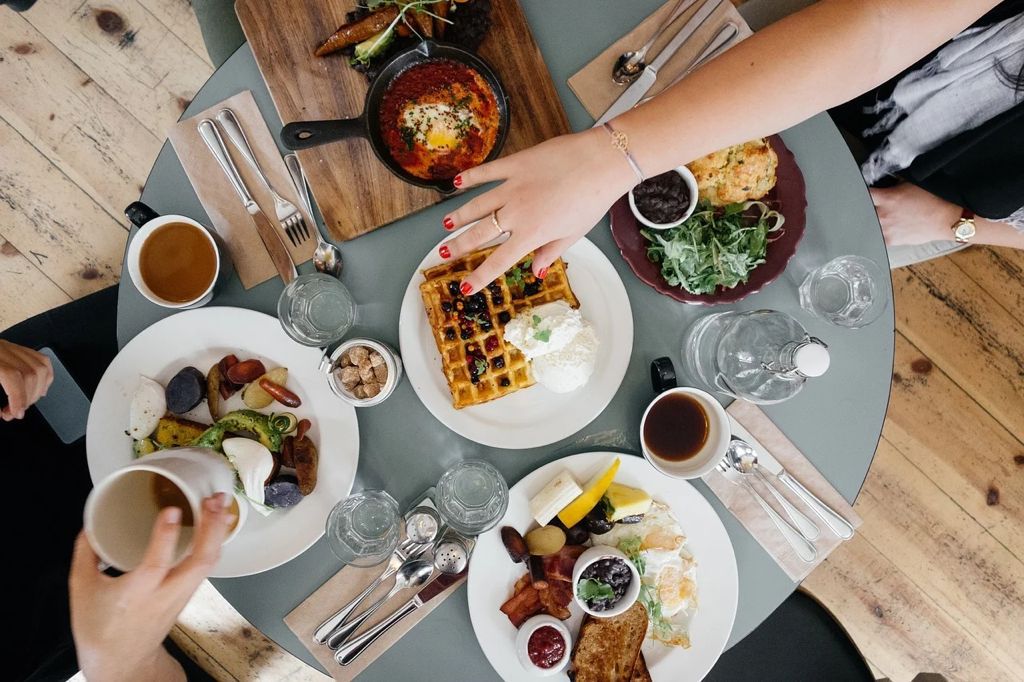
The ‘New Normal’ The hospitality industry has been one of the most impacted industries during the COVID-19 pandemic. Indeed, the physical nature of hospitality totally contradicts the social distancing rules put in place over the past year. As a consequence, many businesses stopped their activities during lockdown, while others created innovative solutions to overcome and […]
Staff shortages: A terrifying reality for the hospitality industry

“The hospitality industry is facing dire times” In the constantly evolving and unsteady world that we live in, it is very difficult for the economy to stay afloat. After nearly 18 months of the Covid-19 pandemic, hospitality businesses in the UK have been left out to dry. With Brexit also being a current reality, a […]
DesignRush Lists Posh Cockney as Top 30 Influencer Marketing Agency

B2B marketplace, DesignRush, has ranked Posh Cockney among the Top 30 Influencer Marketing Agencies worldwide. DesignRush is a platform that works to help brands connect with top professional marketing and web design agencies, as well as technology companies, removing the laborious task of searching for these online. The marketplace lists the best agencies around the […]

